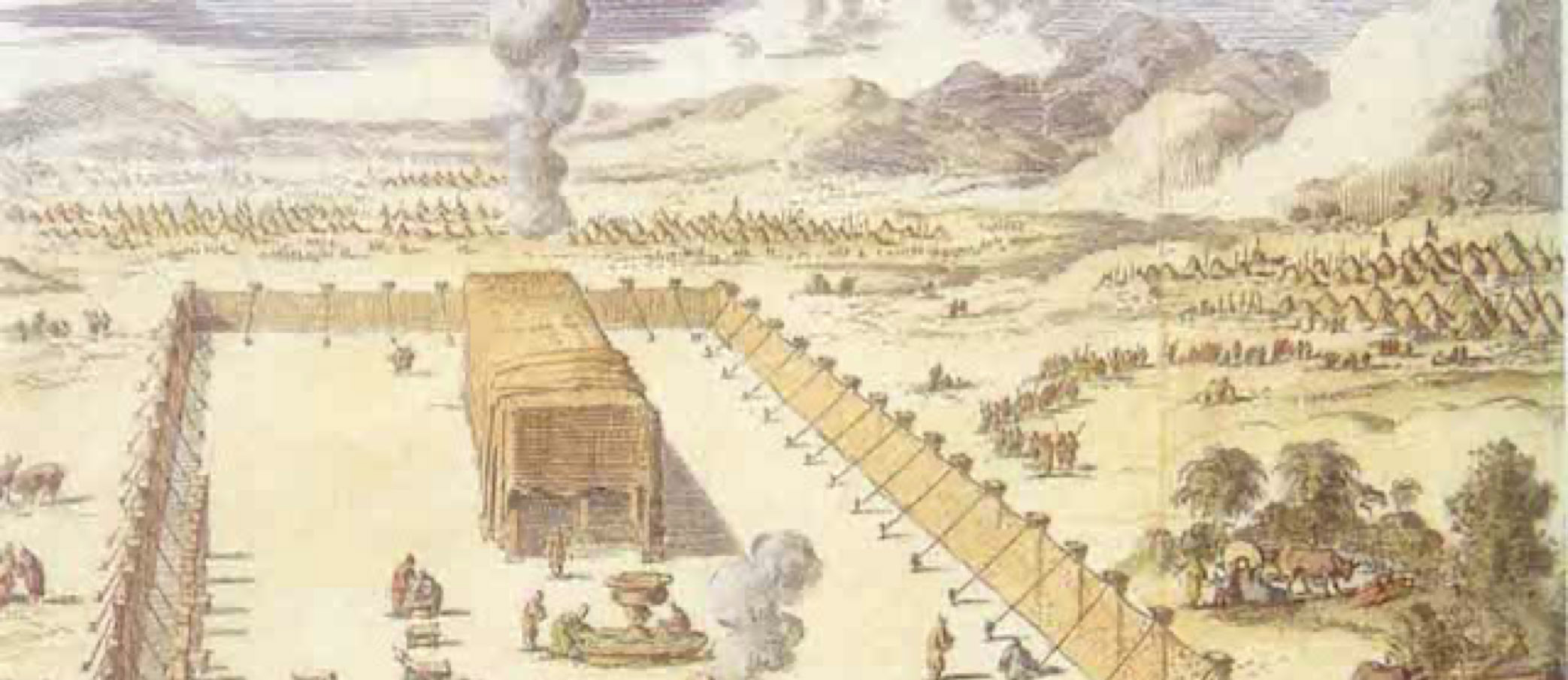Cheshvan, the Forgotten Month Waiting to Be Heard

When discussing the month of Cheshvan, or more precisely Mar Cheshvan, we delve into a tapestry of ancient traditions, Kabbalistic interpretations, and historical memories.
The Jerusalem Talmud reminds us that the names of the months we use today “ascended with us from Babylon,” because before the Babylonian exile, our months only had numbers: first month, second month, third month... as indicated in the Torah, where you won’t find names like Cheshvan or Adar.
In the Book of Kings, the month now known as Cheshvan is called Bul (1 Kings 6:38), which means “eighth month” counting from Nisan, the month of Pesach.
Some argue that the term Mar Cheshvan derives from a Babylonian word used to denote the eighth month, suggesting a direct derivation from Babylonian culture.
Mar Cheshvan: The Bitterness of an Empty Month?
The name Mar in Hebrew means "bitter." Tradition teaches us that Cheshvan is considered bitter for several reasons:
- The absence of holidays: Cheshvan follows the month of Tishrei, rich with significant festivals like Rosh Hashanah, Yom Kippur, and Sukkot. It is the only month of the year without any holidays, making it a period of quiet and reflection.
- The deaths of Sarah and Rachel (רחל אמנו, שרה אמנו): Our matriarchs, Rachel and Sarah, are said to have passed away in this month, contributing to the sense of bitterness associated with Cheshvan.
- Yerovam and the division of the kingdom: During the First Temple period, Yerovam ben Nevat, the king of the Northern Kingdom, introduced a pagan festival in the month of Cheshvan, distorting the religious tradition of the people of Israel.
"Mar" as a Drop of Water: The Blessing of Rain
However, Mar is not only synonymous with bitterness. In Hebrew, Mar can also mean "a drop of water," as in the verse: "like a drop from a bucket" (Isaiah 40:15).
It is in this month that we begin to pray for rain in Eretz Yisrael, asking for blessings from heaven for our sustenance. Thus, Mar becomes a sort of prayer for rain that will bring life and abundance.
Moreover, according to tradition, the Great Flood in the time of Noach began precisely in this month. The name Bul, as mentioned in ancient texts, is seen by some commentators as an allusion to the term Mabul (מבול), which means flood.
Mar Cheshvan: The Month of the Temple’s Inauguration
Furthermore, although Mar Cheshvan is the month in which Solomon completed the construction of the Temple in Jerusalem, its inauguration did not take place in this month. The delay in the inauguration of the Temple is one of the reasons why this month has been seen as devoid of festivities.
However, the Midrash reminds us that, even though the inauguration of the First Temple did not occur in Mar Cheshvan, the Third Temple to be built by the Mashiach will be revealed precisely in this month.
The heavenly sanctuary is already prepared to descend to earth, and the hope we place in Mar Cheshvan is a hope for redemption and spiritual renewal: it is the month in which we begin to pray for rain, a sign of blessing, and the month in which we trust that our spiritual journey will be fulfilled with the arrival of the Mashiach and the inauguration of the Third Temple.
Article derived from a lesson by Rav Michi Nazrolai. For further insights: WATCH THE VIDEO LESSON














